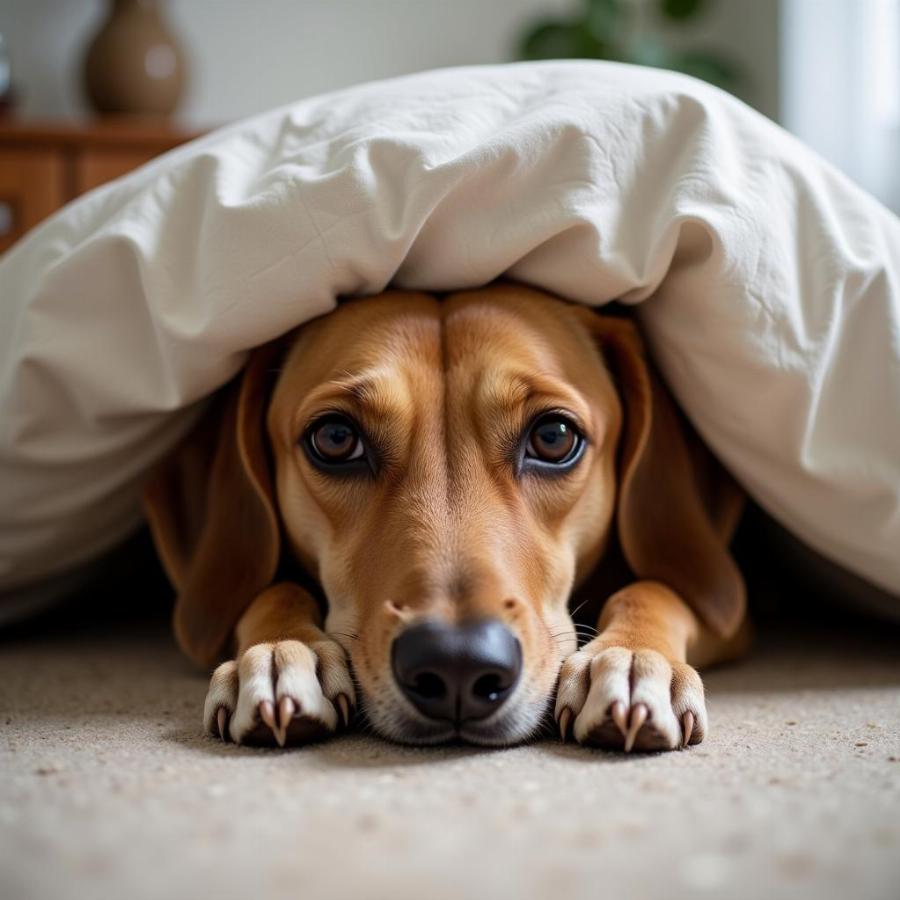If you’ve noticed your furry friend having unusual bowel movements lately, you’re probably feeling concerned. Finding mucus in your dog’s poop can be alarming, but don’t panic! While it’s always best to consult with your veterinarian to rule out any serious issues, this article will help you understand why your dog might be pooping mucus and what it could mean.
Common Causes of Mucus in Dog Poop
A little bit of mucus in your dog’s poop is normal. It’s naturally produced by the intestines to help everything move smoothly. However, a significant increase in mucus, or if it’s accompanied by other symptoms, could indicate an underlying issue. Here are some of the most common reasons your dog might be pooping mucus:
1. Dietary Changes or Indigestion
Just like us, dogs can experience digestive upset when transitioning to new food. This can result in increased mucus production in the gut. If you’ve recently switched your dog’s food, try transitioning gradually over a week or so.
Expert Insight:
“Introducing a new food too quickly can disrupt a dog’s gut flora, leading to indigestion and mucus in the stool. Always opt for gradual transitions when changing your dog’s diet.” – Dr. Emily Parker, DVM
2. Stress or Anxiety
You read that right! Dogs can experience stress just like humans, and stress can manifest in physical ways, including digestive issues. Changes in routine, moving to a new home, or even loud noises can trigger stress in dogs.
 Stressed Dog Hiding Under Bed
Stressed Dog Hiding Under Bed
3. Parasites
Intestinal parasites, such as roundworms, hookworms, and whipworms, are a common culprit behind mucus in dog poop. These parasites irritate the gut lining, leading to inflammation and increased mucus production.
Did you know?
Regular deworming is essential for all dogs, even if they appear healthy. Consult your veterinarian for the appropriate deworming schedule for your furry friend.
4. Inflammatory Bowel Disease (IBD)
IBD is a chronic condition that causes inflammation in the digestive tract. Dogs with IBD may experience symptoms like vomiting, diarrhea, weight loss, and mucus in their stool.
5. Colitis
Colitis is an inflammation of the colon, often caused by stress, parasites, or bacterial infections. Dogs with colitis typically have diarrhea that may contain blood or mucus.
When to See a Vet
While occasional mucus in your dog’s poop may not be a cause for immediate concern, it’s crucial to seek veterinary attention if you notice any of the following:
- Frequent or excessive amounts of mucus
- Blood in the stool
- Vomiting
- Loss of appetite
- Lethargy
- Weight loss
- Straining to defecate
- Abdominal pain
Keeping Your Dog Healthy
Taking proactive steps to keep your dog’s digestive system healthy can help prevent issues like mucus in the stool. Here are some tips:
- Feed a high-quality diet: Choose a balanced and digestible food formulated for your dog’s age, breed, and activity level.
- Maintain a regular feeding schedule: Consistency in mealtimes can help regulate digestion.
- Provide fresh water: Ensure your dog has access to clean, fresh water at all times.
- Regular exercise: Regular physical activity can promote healthy digestion.
- Manage stress: Identify and minimize sources of stress in your dog’s environment.
Conclusion
Finding mucus in your dog’s poop can be concerning, but it’s often a sign of a minor issue. However, if you notice any alarming symptoms or if the issue persists, consult your veterinarian promptly to determine the underlying cause and receive appropriate treatment. By understanding the potential causes and taking proactive steps to support your dog’s digestive health, you can help keep your furry companion happy and healthy.
FAQs
1. Can I treat my dog’s mucusy poop at home?
It’s not recommended to treat your dog without consulting a veterinarian. Home remedies may not address the underlying cause and could worsen the condition.
2. Is mucus in dog poop contagious to humans?
Some causes of mucus in dog poop, such as certain parasites, can be zoonotic (transmissible to humans). It’s crucial to practice proper hygiene and consult your doctor if you have concerns.
3. Can changing my dog’s food help with mucus in poop?
If the mucus is due to dietary sensitivity or indigestion, switching to a highly digestible food recommended by your veterinarian might help.
4. How serious is it if my dog is pooping blood and mucus?
Blood and mucus in dog poop can indicate a serious condition. Contact your veterinarian immediately.
5. Can stress really cause mucus in my dog’s poop?
Yes, stress can trigger digestive upset in dogs, leading to symptoms like mucus in the stool.
Need more help? If you’re looking for additional guidance on dog health, visit Beaut Dogs at https://beautdogs.com. For specific questions or concerns about your dog’s health, please reach out to our team at [email protected]. We’re here to provide you with reliable and accurate information.